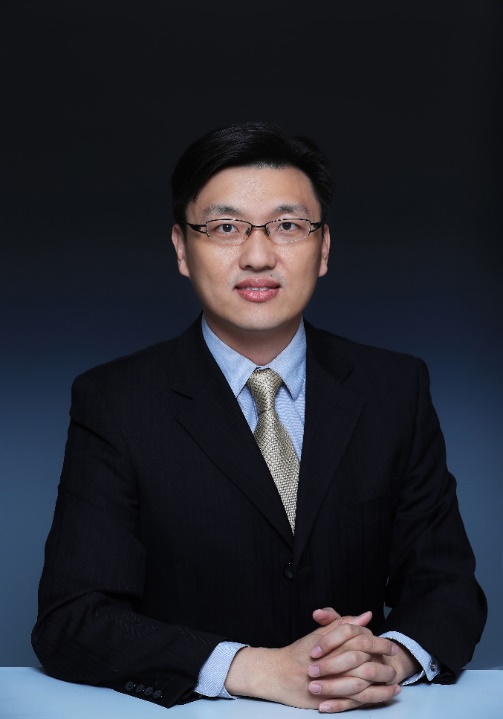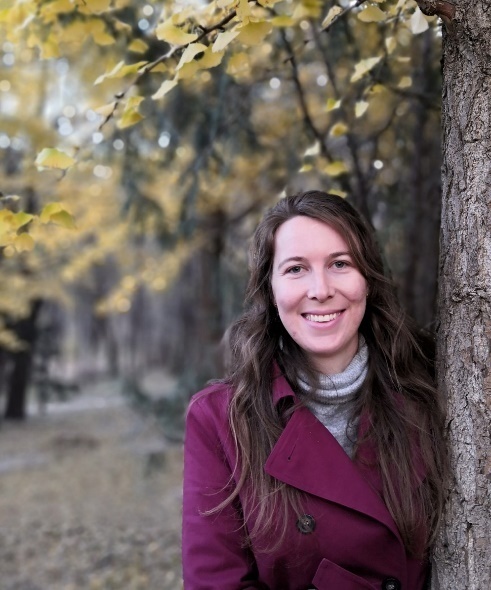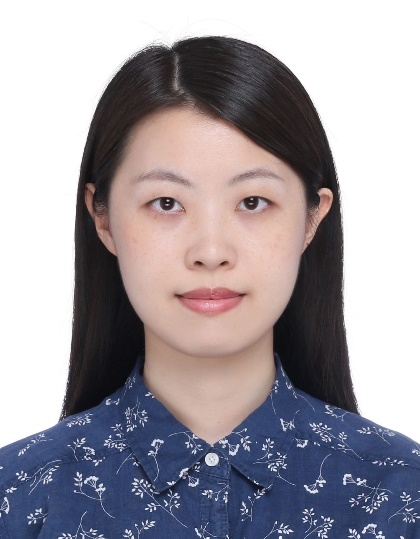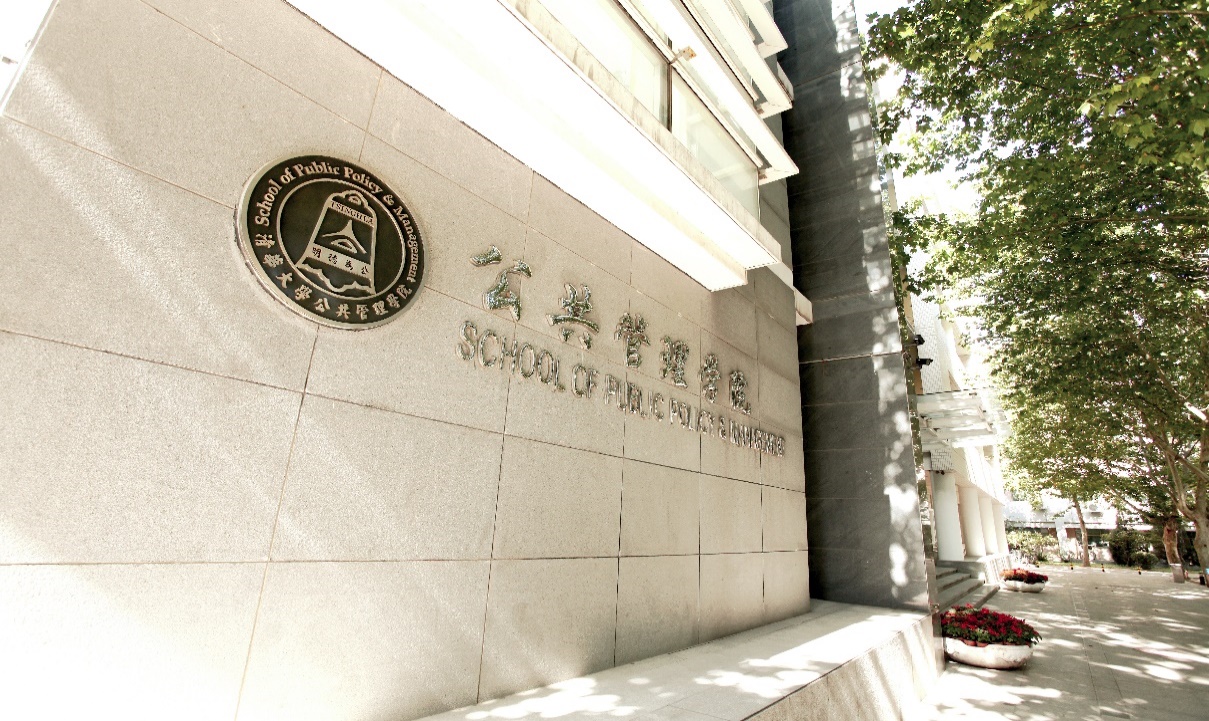2021年清华大学“创新可持续发展”全球暑期学校将于6月28日-7月6日举办。今年暑校课程增加SDG马拉松的环节。SDG马拉松共设置十几个不同主题的分赛场,学生可以根据兴趣自由选择分赛场,现场组成跨学科创新团队(Innovation Team),针对某个领域与可持续发展相关的问题(Challenge),进行解决方案(Innovative Solution)的开发。
Tsinghua University’s “Innovation for the SDGs” Global Summer School 2021 will be held from June 28 to July 6. This year, the Summer School curriculum will include a special “SDG Hackathon”. The hackathon is composed of more than 10 sub-groups, each focusing on a different theme related to the SDGs. After selecting a sub-group to join, students will form an interdisciplinary “Innovation Team” to explore, develop and present solutions for the sub-group’s “Challenge” topic.

1. 承办院系 School/Department host
清华大学公共与管理学院
School of Public Policy & Management, Tsinghua University
2. 挑战主题 Theme
政府治理对新技术的适应与转型
The adaption and transformation of government governance in the era of new technologies
3. 导语/背景情况概述 Background brief of problems to be solved
SDG 16旨在创建和平、包容的社会以促进可持续发展,让所有人都能诉诸司法,在各级建立有效、负责和包容的机构,其具体目标之一是“在各级建立有效、负责和透明的机构”。21世纪以来,以互联网、大数据、人工智能为代表的新技术正在成为推进政府治理体系和治理能力现代化的重要支撑。本议题希望探索新技术革命下政府治理体系的适应与转型,将治理技术的创新与治理机制的变革相结合,推动实现可持续发展。
In the pursuit of SDG 16, which aims to promote just, peaceful and inclusive societies, the theme of this Hack focuses on developing effective, accountable and transparent institutions at all levels. In the 21st century, innovative technologies, including Internet, big data, and artificial intelligence, are becoming critical driving forces in the modernization of national governance system and capacity. This Hack seeks to explore the adaption and transformation of government governance empowered by new technologies, and aims to promote sustainable development by combining technological innovations and governance system.
4. 该领域比较关注的问题 Our key topics of interest
•新技术在政府公共服务与公共决策领域的应用与效果
Applications and effects of new technologies in the providing of public services and public decision-making
•新技术在政府治理时遇到的瓶颈与对策
Issues faced for government governance when applying new technologies and potential solutions
•如何应对新一轮技术革命带来的治理挑战(如立法监管、信息安全等)
How to deal with governance challenges (eg. legislation & supervision, information security, etc.) in the face of a new wave of technological revolution
5. 主讲老师 Hack Leader

朱旭峰,现任清华大学公共管理学院长聘教授、博士生导师、副院长、智库研究中心主任;清华大学全球可持续发展研究院执行院长、清华大学科技发展与治理研究中心副主任。朱旭峰入选国家杰出青年科学基金、首批国家青年拔尖人才支持计划(“万人计划”)、国家优秀青年科学基金、教育部“新世纪优秀人才支持计划”、哈佛大学“燕京学者”,2014年荣获“中国管理学青年奖”。朱旭峰在清华大学先后获得环境工程学士和公共管理学博士学位。研究方向包括公共政策理论、科技政策、环境与后政策、转型与公共治理等,现担任全球公共管理院校联盟(NASPAA)SDG工作委员会联席主席。
Xufeng ZHU is Professor and Associate Dean at the School of Public Policy and Management (SPPM) and Executive Director of the Institute for Sustainable Development Goals, Tsinghua University (TUSDG), Deputy Director of the Science & Technology Development and Governance Center, Tsinghua University (TUSTDG), and Director of the Think Tank Research Center of the SPPM. Dr. ZHU earned his bachelor’s degree in environment engineering and doctor’s degree in public management from Tsinghua University in 2000 and 2005. His research interests include public policy theories, science & technology policy, environment and climate policy, and public governance in transitional China. He serves as General Secretary of the China Public Management Association and Co-Chair of the SDG working committee of the NASPAA. He also serves as Regional Editor, Associate Editor, or Editorial board members in over ten international journals.
6. 导师 Mentor

周爽
周爽是C40城市气候领导联盟中国传播与推广经理,负责C40在中国的传播推广策略开发,为中国城市与全球城市的双向交流搭建桥梁并识别机遇。加入C40之前,她曾担任佳通集团公益基金中国区项目经理,通过与麻省理工斯隆管理学院和清华大学合作开展“创新型领导力行动学习项目”凝聚跨界领导者共识,为可持续发展共同探索解决方案;她还负责基金在中国和国际舞台上的高级别活动,并协助基金会和清华大学共同发起了“清华大学东南亚中心”。在此之前,她曾在世界自然基金会中国办公室负责生态足迹和绿色经济的政策研究和推广工作。
Shuang ZHOU serves as the China Communications and Engagement Manager in C40 to develop the communications strategy and support the engagement with member cities. In this role, she supports C40 China to identify communication and high-level events opportunities and approaches, and leverages two-way communications of cities’ best practices between China and global audiences. Before joining C40, Shuang worked as China Manager of Giti Group United in Diversity Foundation. She engaged cross-sector leaders to jointly step forward and take on sustainable development challenges of conservation, education, and enterprise through “Innovative Dynamics Education and Action for Sustainability (IDEAS)” leadership programs with MIT Sloan and Tsinghua University. She also led the Foundation’s major high-level events and supported the Foundation along with Tsinghua University to initiate the Tsinghua Southeast Asia Center. Previously, Shuang worked in the WWF China office on policy research and advocacy, focusing on promoting the Ecological Footprint concept and Green Economy to policy makers as well as wider stakeholders.

Madeleine King
来自澳大利亚的Madeleine King(麦荻)是清华大学国际合作与交流处的项目主管。最初她来到中国时,是因为对学习汉语感兴趣。中文作为她澳大利亚国立大学亚太研究专业学士学位的一部分,麦荻分别在台北和北京交换学习中文3个月与1年。在中国生活后,麦荻对中国的发展和社会越来越感兴趣,于是决定在我国继续深造。2015年,她在清华大学公共管理学院的国际发展项目攻读硕士学位。在学习期间,她在不同的组织参加实习,比如儿童基金会和世界自然基金会。她还在院系与同学合伙规划组织一个定期的有关中国的纪录片与影视的观看与研讨活动,以帮助她的同学们更多地了解中国的发展与社会状况。麦荻目前在清华的国际学生学者中心工作,她热衷于促进中外学生学者交流与文化融合,并可以利用自己在中国留学与生活工作的经验,更好地帮助我校的国际学生更多地参与和融入校园生活和社会生活。
Madeleine King, from Australia, is a program manager at the Tsinghua University Office of International Affairs. It was an interest in the Chinese language that initially led her to China. As part of her Chinese language-major in her Bachelor of Asia-Pacific Studies at the Australian National University, Madeleine undertook a 3-month and 1-year language exchange at universities in Taipei and Beijing, respectively. After her experience living in China, Madeleine became greater interested in Chinese development and society, and decided to return to China to undertake further study. In 2015, she enrolled in a 2-year Master’s program in International Development at the Tsinghua University School of Public Policy and Management in Beijing. During her studies, she completed internships at different organizations, including at UNICEF and the World Wildlife Fund. She also co-established a regular Chinese movie watching event in her department to help her classmates greater learn about Chinese development. In her current role at the International Students & Scholars Center at Tsinghua, Madeleine is passionate about fostering integration between Chinese and international students, and is able to harness her own experience being an international student in China to help Tsinghua international students be more involved and engaged in campus life and greater society.

刘笑宇
刘笑宇,世界自然基金会(瑞士)北京代表处,能源转型,高级项目专员。长期从事可持续发展相关科技项目协调与管理,目前主要负责地方能源转型及建筑、 交通等领域高比例可再生能源应用推广工作。在加入世界自然基金会之前,曾先后 就职于央视国际网络有限公司、科技部中国 21 世纪议程管理中心。作为中方协调员 参与联合国开发计划署(UDNP)“中非可再生能源技术转移”国际合作项目管理,有 关成果获得中国可再生能源学会科学技术进步二等奖。参与筹备建立的“技术转移南 南合作中心”获得联合国第八任秘书长潘基文亲笔题词。
Ms. Xiaoyu Liu is the Senior Program Officer of Energy Transition to 100% Renewable Department at the World Wide Fund for Nature (WWF) Beijing Office. She has spent over 6 years on sustainable development project coordination and promotion. Her current responsibility at WWF China included energy transition at the sub-national level, and the application and promotion of high proportion renewable energy in buildings, transportation and other sectors. Prior to WWF, she worked successively in China Network Television, and the Ministry of Science and Technology - The Administrative Center for China’s Agenda 21 (ACCA21). As the ACCA21 project coordinator in China, she participated in the management of the United Nations Development Program (UNDP) "China-Ghana/Zambia Renewable Energy Technology Transfer" project, which won the Second Prize of Science and Technology Progress of China Renewable Energy Society. She also participated in the establishment of the "Technology Transfer South-South Cooperation Center", which received an inscription by Ban Ki-moon, the 8th Secretary-general of the United Nations.
7. 承办院系介绍 Introduction of School/Department host
清华大学公共管理学院成立于2000年。学院致力于打造具备国际化视野的卓越师资队伍,现有教师60余人,现职教师全部具有海外学习和研修经历。2013年我院MPA项目成为美国之外全球首例通过公共管理院校联合会(NASPAA)国际认证的公共管理硕士项目,2017年全国公共管理一级学科评估结果为A+。学院已经形成了学术型硕、博士,本科二学位和公共管理专业硕士(MPA)等中文教学项目,国际发展硕士(MID)、国际公共管理硕士(IMPA)、国际发展与治理硕士(MIDG)、可持续发展公共政策双硕士(MPP-SDG)、大数据下的公共政策与全球治理双硕士(MPA-BDG)、“一带一路”国际公共管理硕士(IMPA-BRI)以及未来领袖国际公共管理硕士(IMPA-FL)等英文教学项目。
The School of Public Policy and Management (SPPM) of Tsinghua University was founded in 2000 and is the first graduate school of public administration in China. The School’s mission is to become a world-class institution that actively engages in teaching, research, and consultation of global public affairs. In 2013, the school’s MPA program became the first internationally certified public management master’s program by the Network of Schools of Public Policy, Affairs, and Administration (NASPAA) outside the United States. In 2017, the professional degree education of public administration at Tsinghua University was awarded A+.
Over the last 20 years, the school has built a diverse, interdisciplinary faculty team, which currently consists of over 60 faculty members working in the fields of public policy and governance, public management, NGO studies, and global governance. The school currently offers four programs taught in Chinese, including Master of Management, Doctoral, Master of Public Administration, Minor Bachelor’s Degree programs, and seven Master’s programs taught in English, including MPA in International Development (MID), International MPA (IMPA), MPA in International Development and Governance (MIDG), Master of Public Policy for Sustainable Development Goals (MPP-SDG), IMPA in Big data for Public and Global Governance (IMPA-BDG), IMPA in the Belt and Road Initiative (IMPA-BRI) and IMPA for Future Leaders (IMPA-FL) program.
Tsinghua University’s “Innovation for the SDGs” Global Summer School 2021 will be held from June 28 to July 6. This year, the Summer School curriculum will include a special “SDG Hackathon”. The hackathon is composed of more than 10 sub-groups, each focusing on a different theme related to the SDGs. After selecting a sub-group to join, students will form an interdisciplinary “Innovation Team” to explore, develop and present solutions for the sub-group’s “Challenge” topic.
